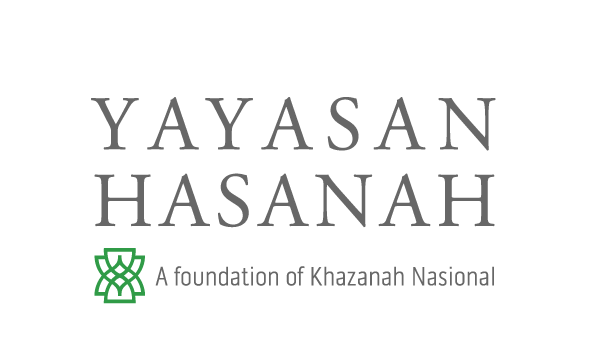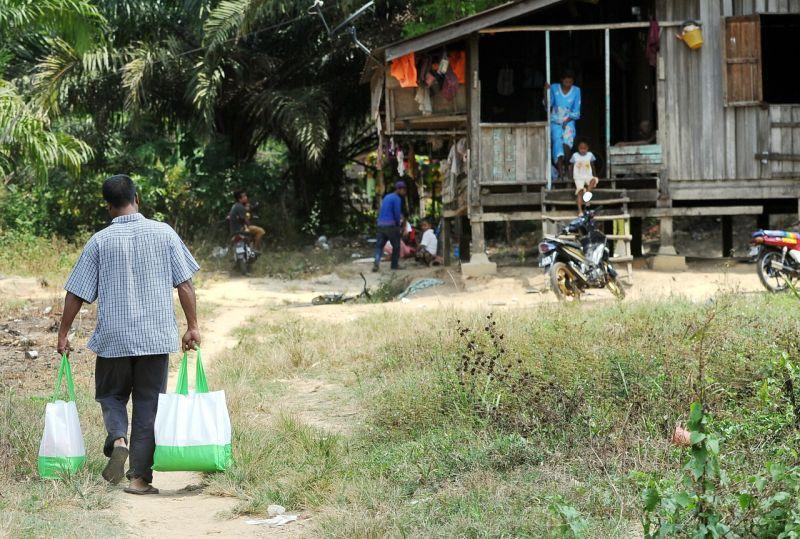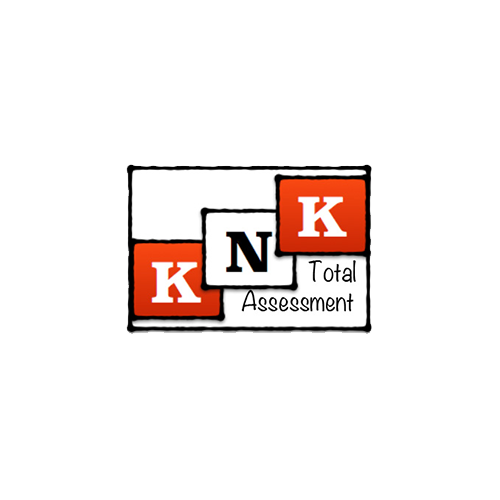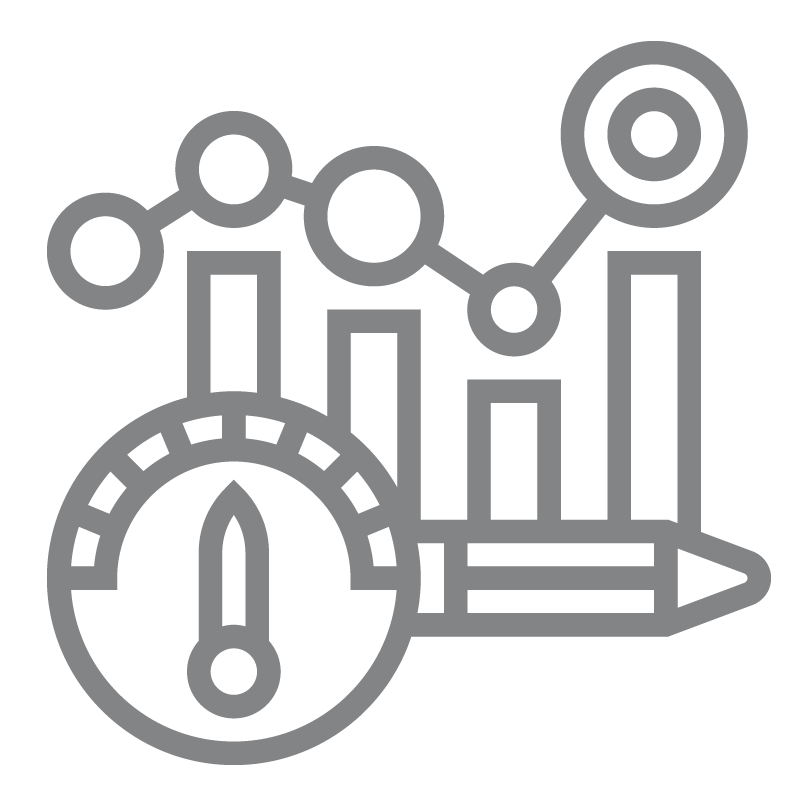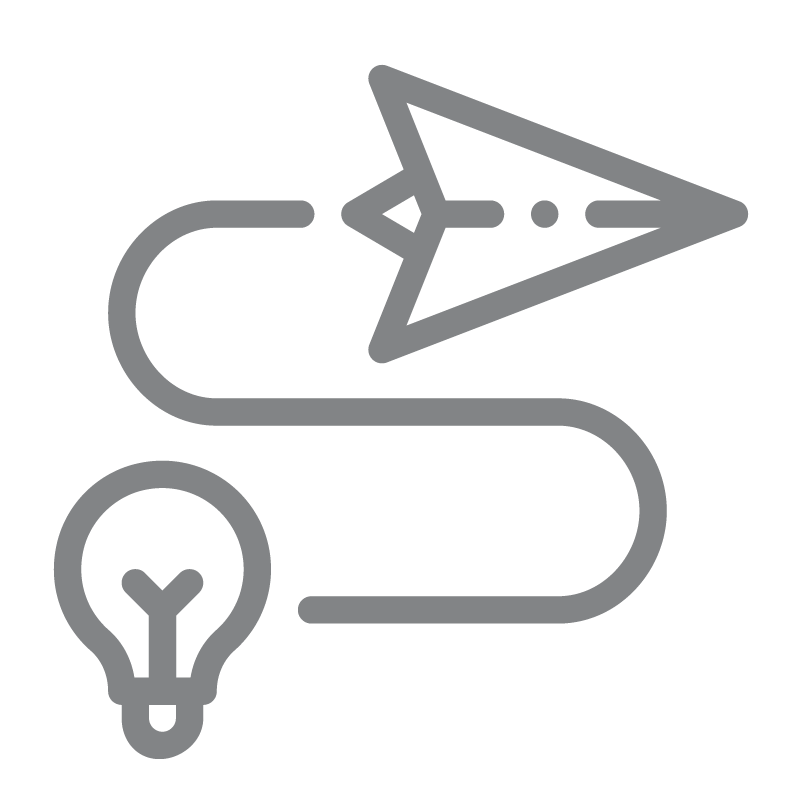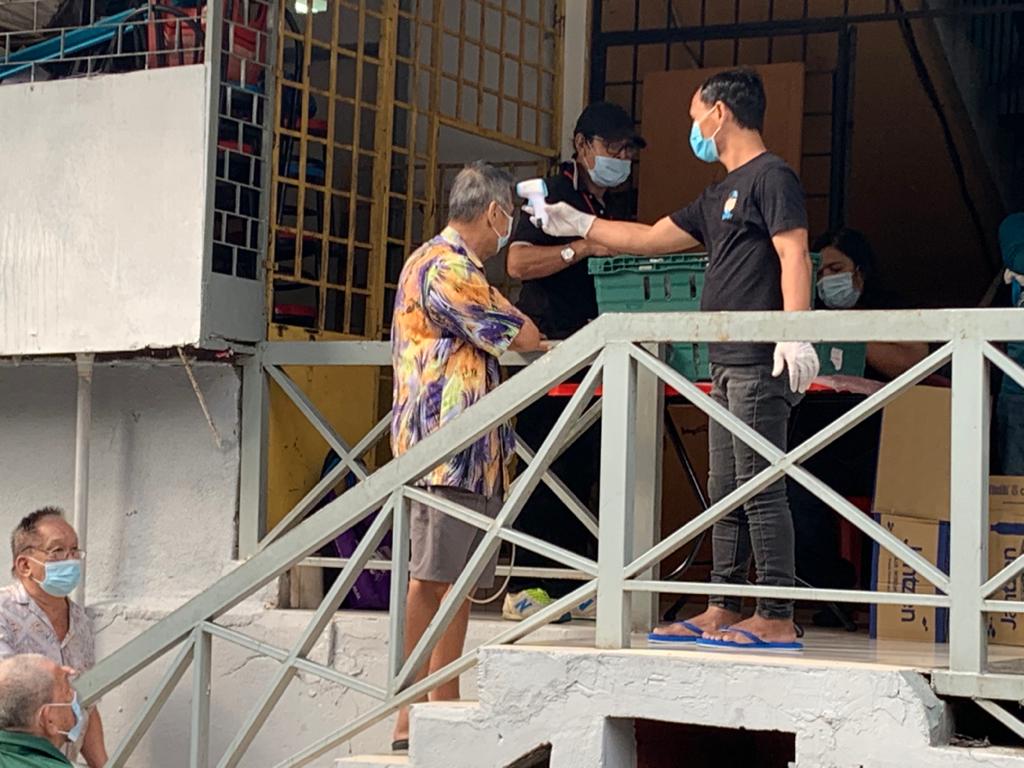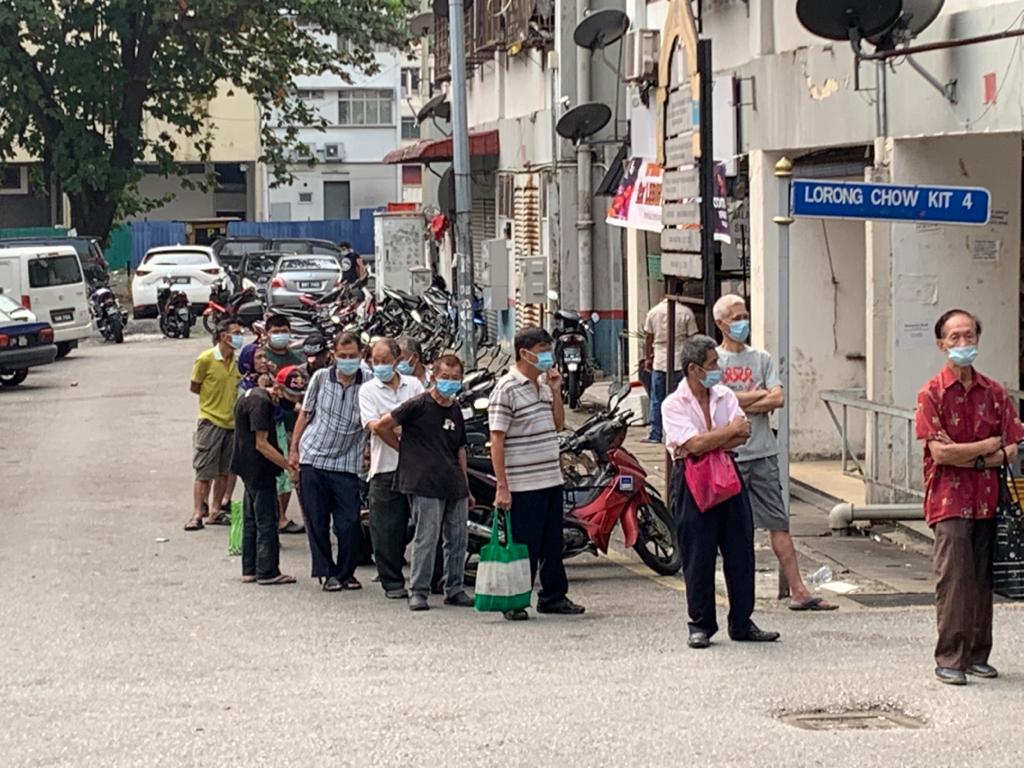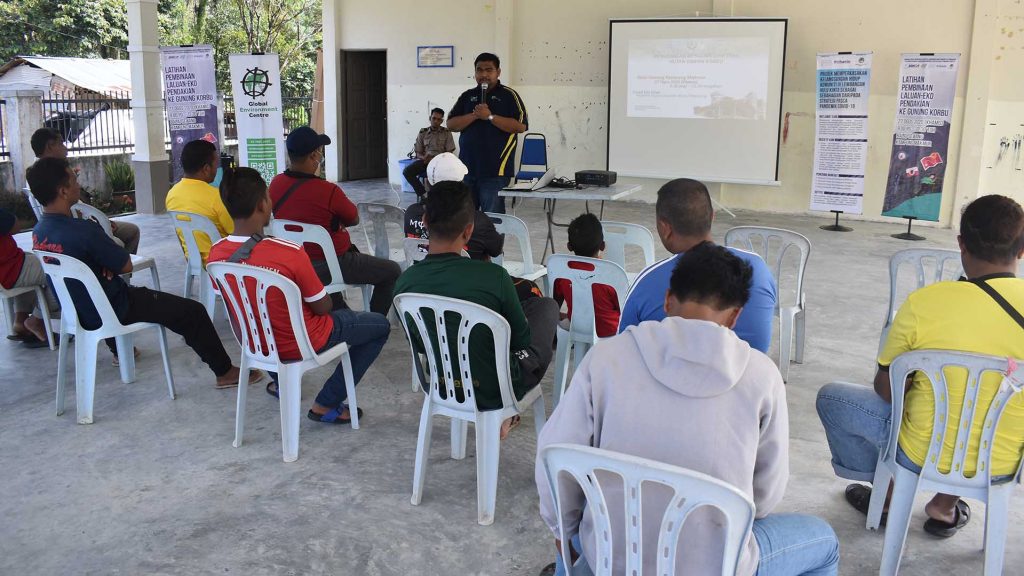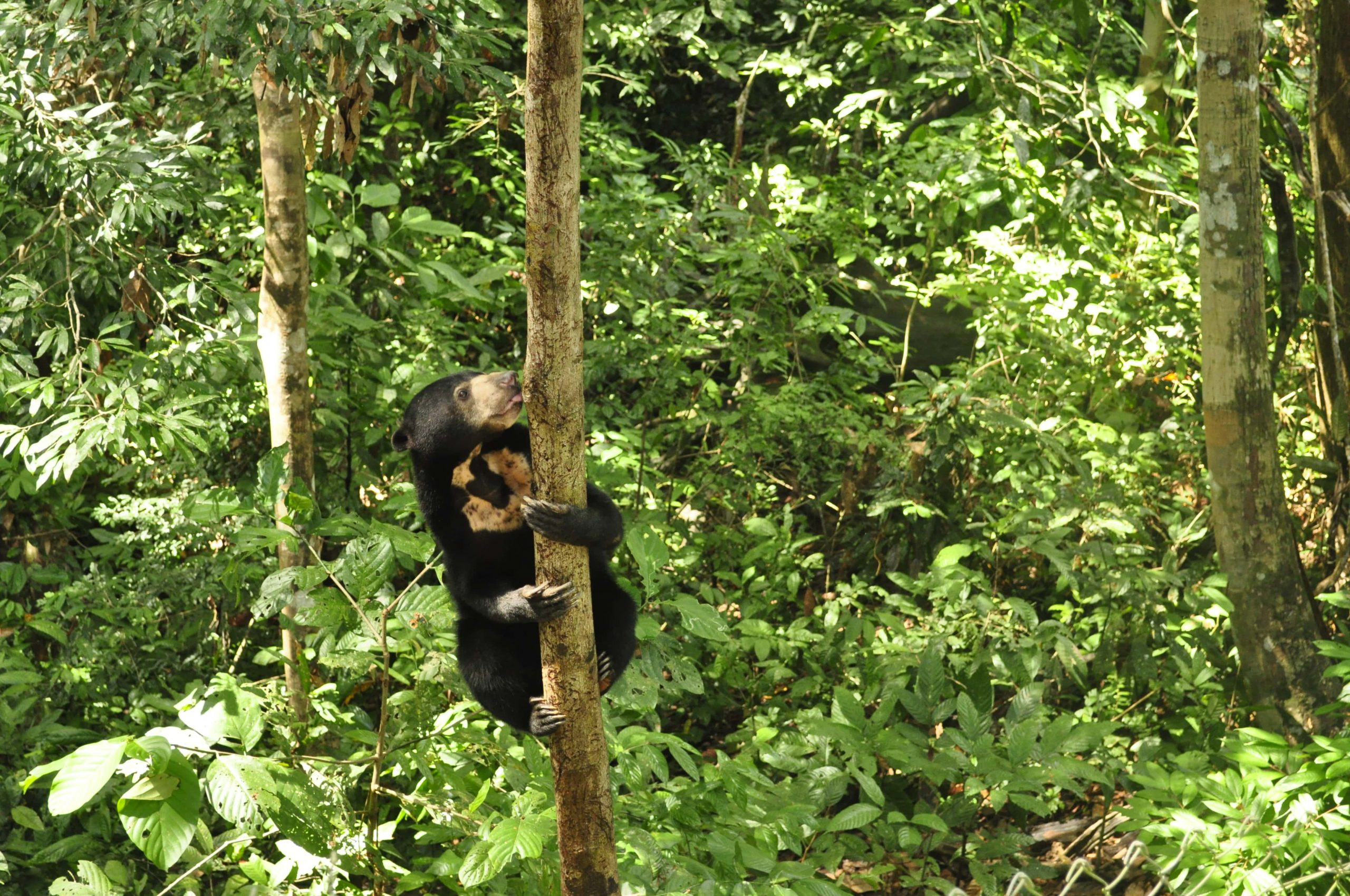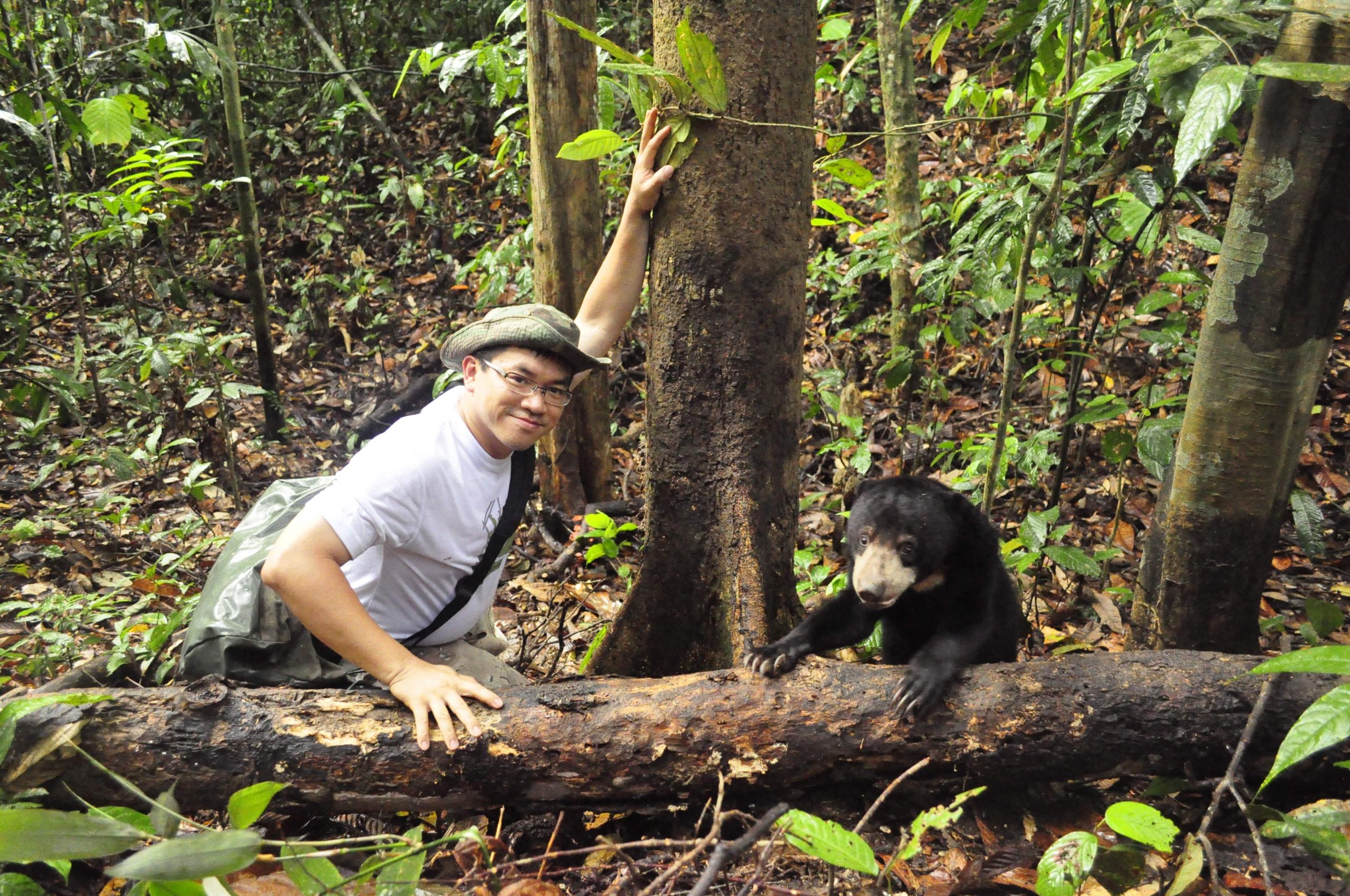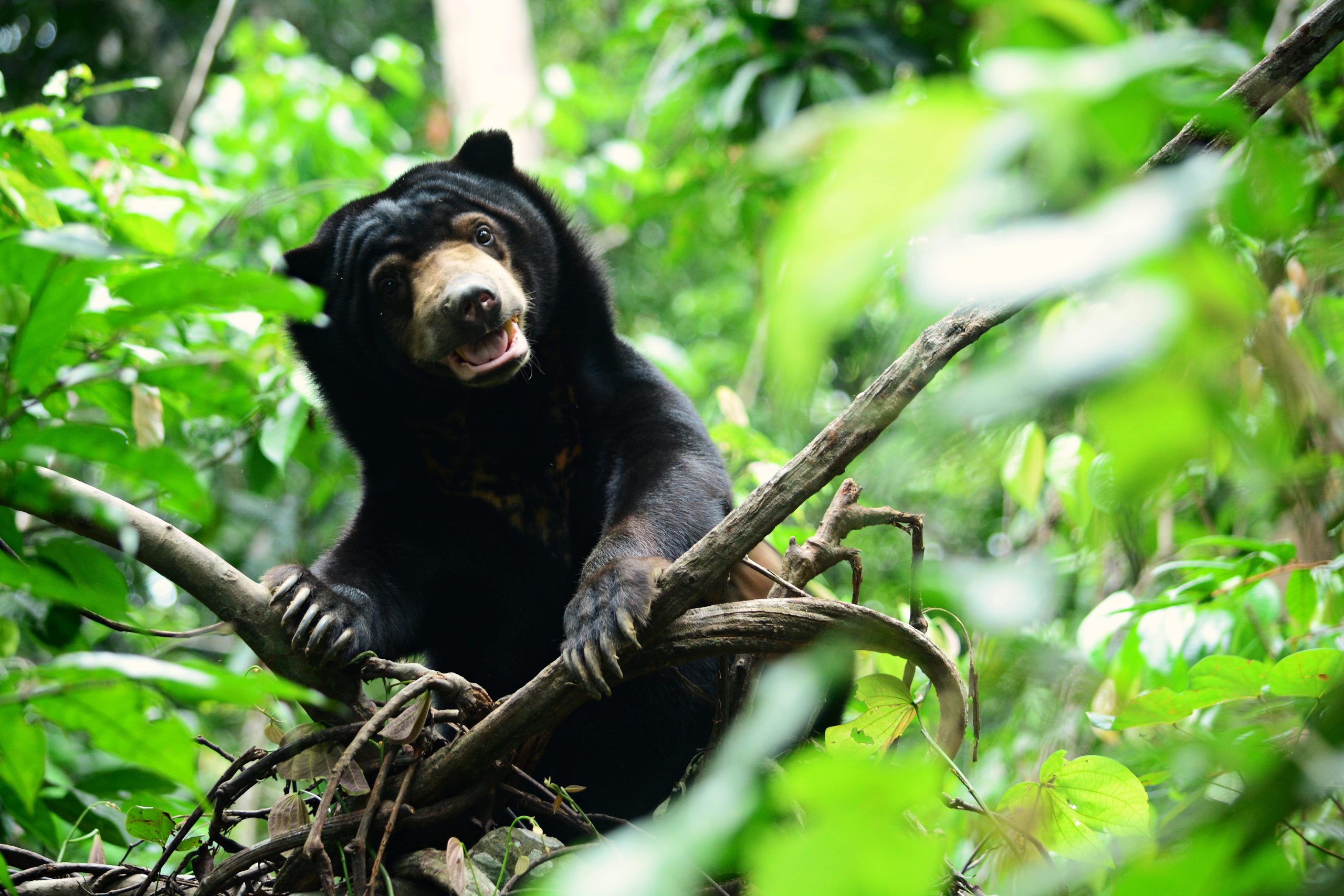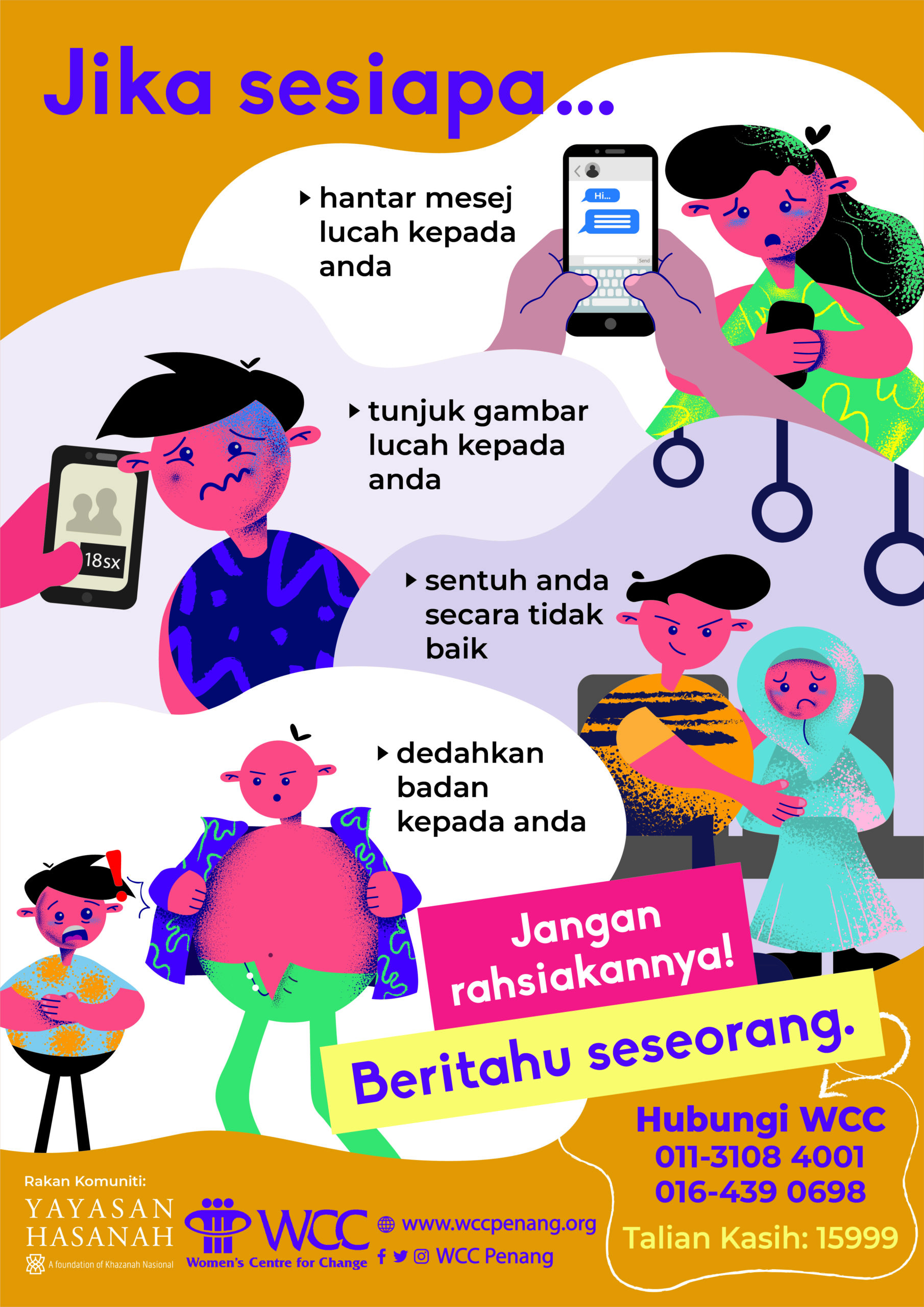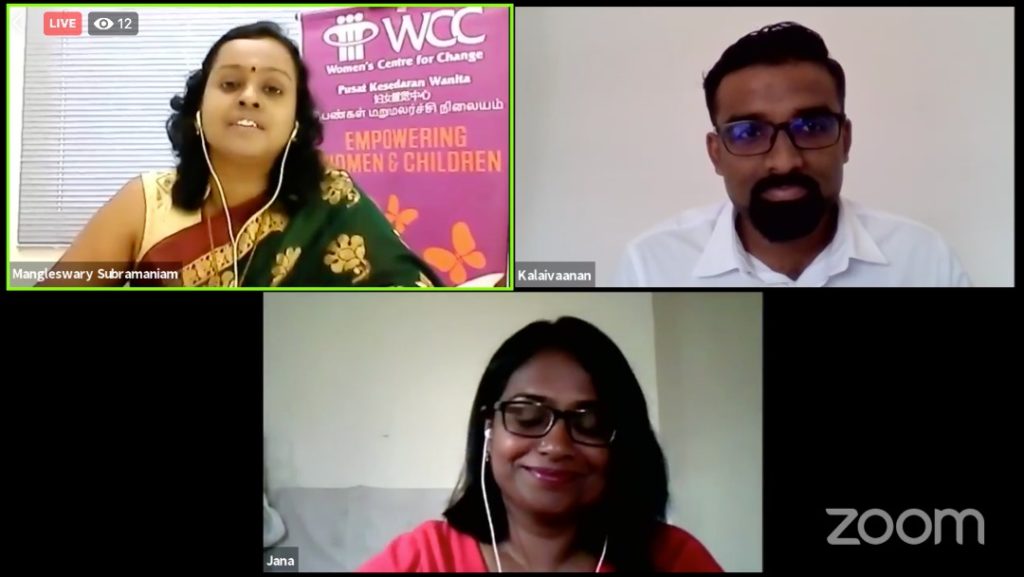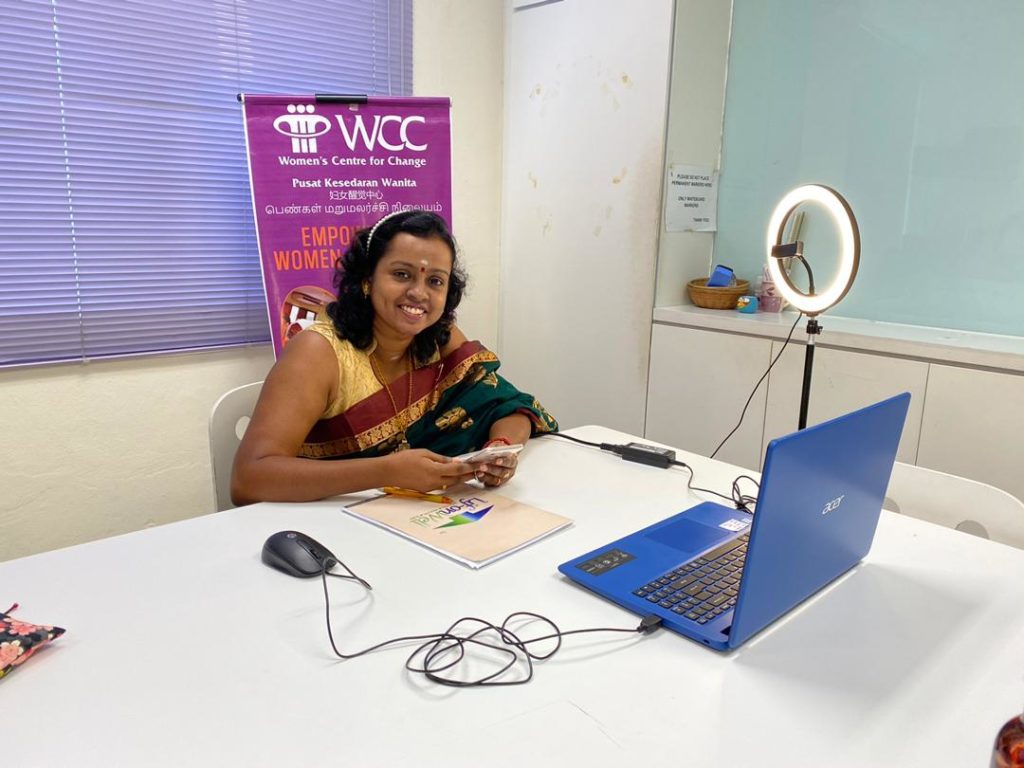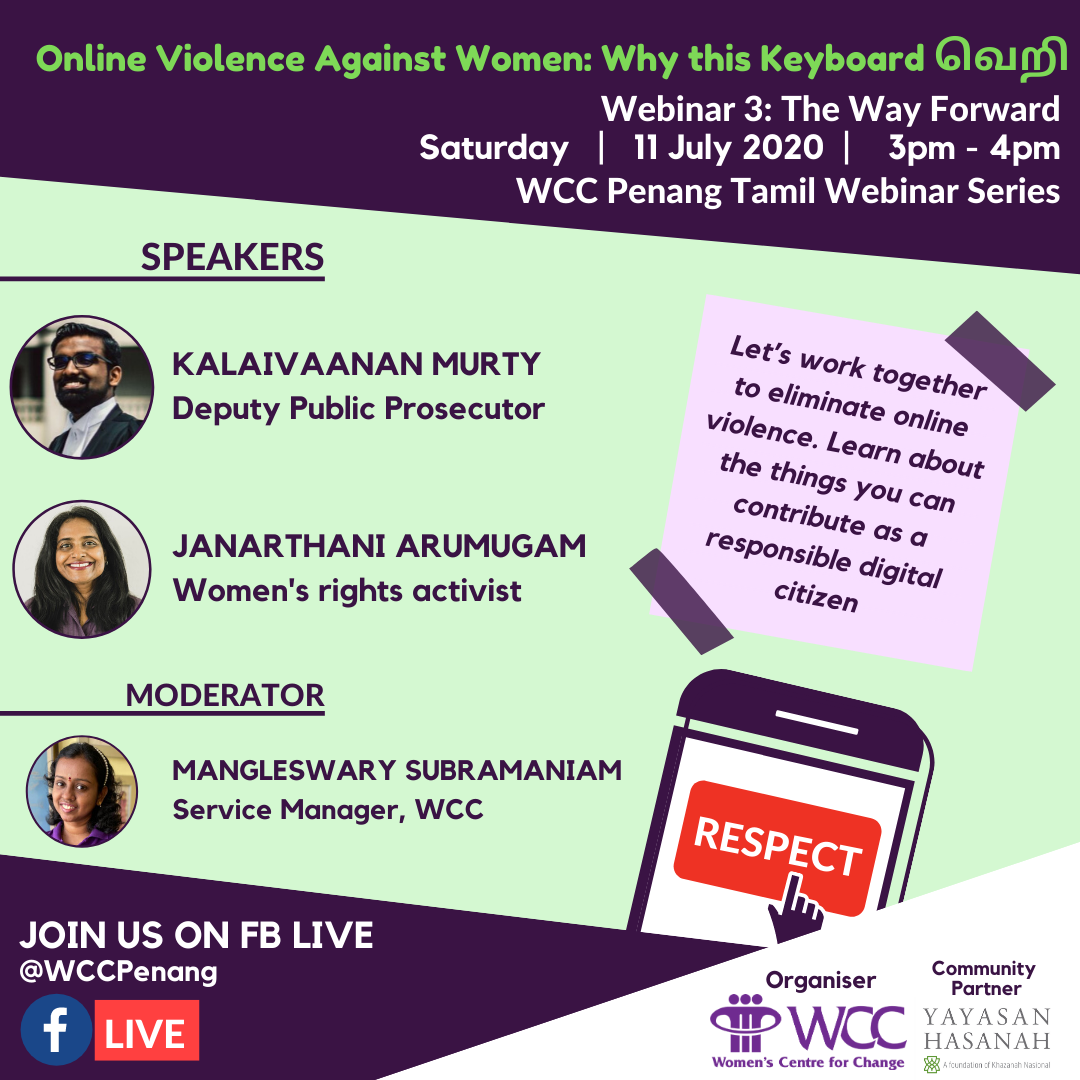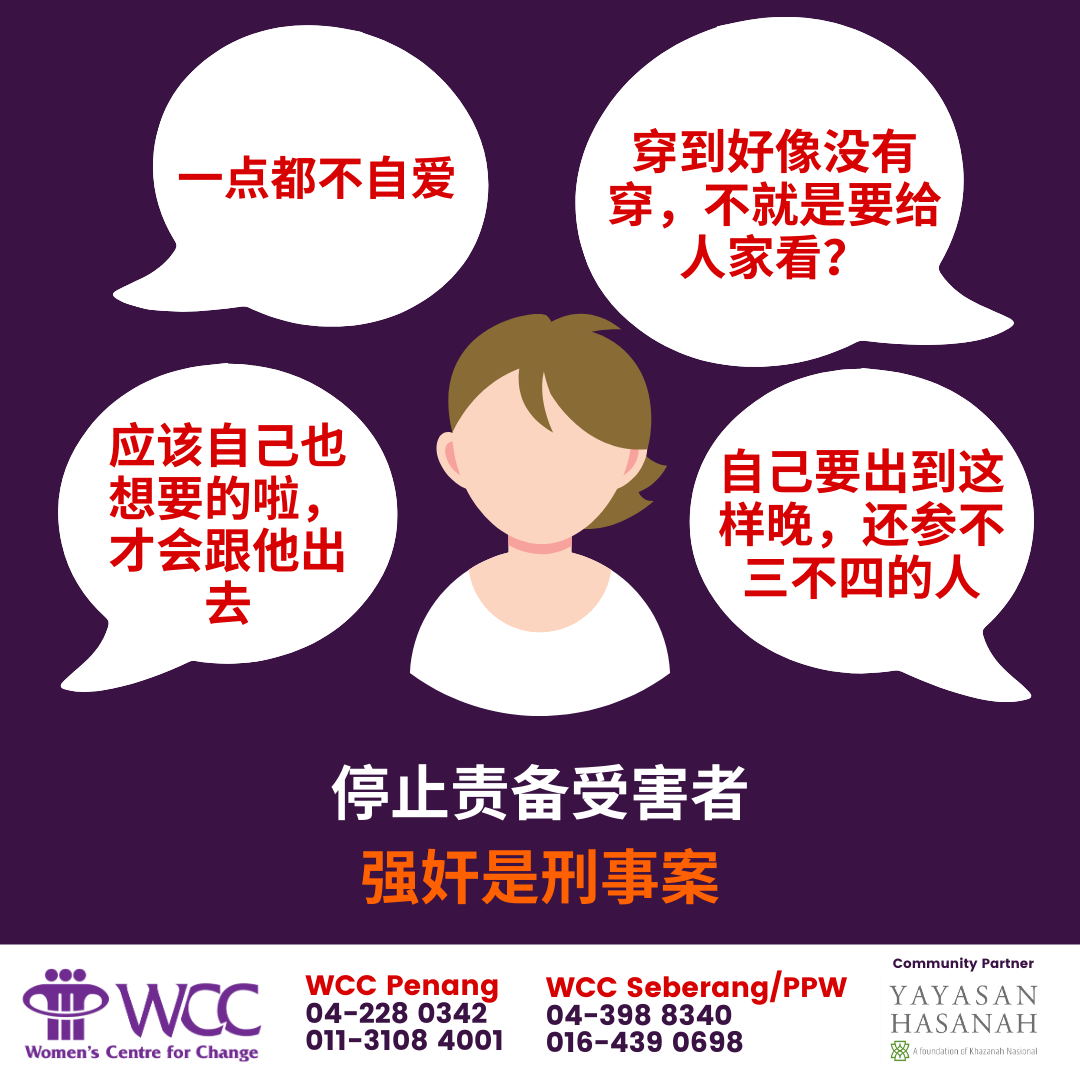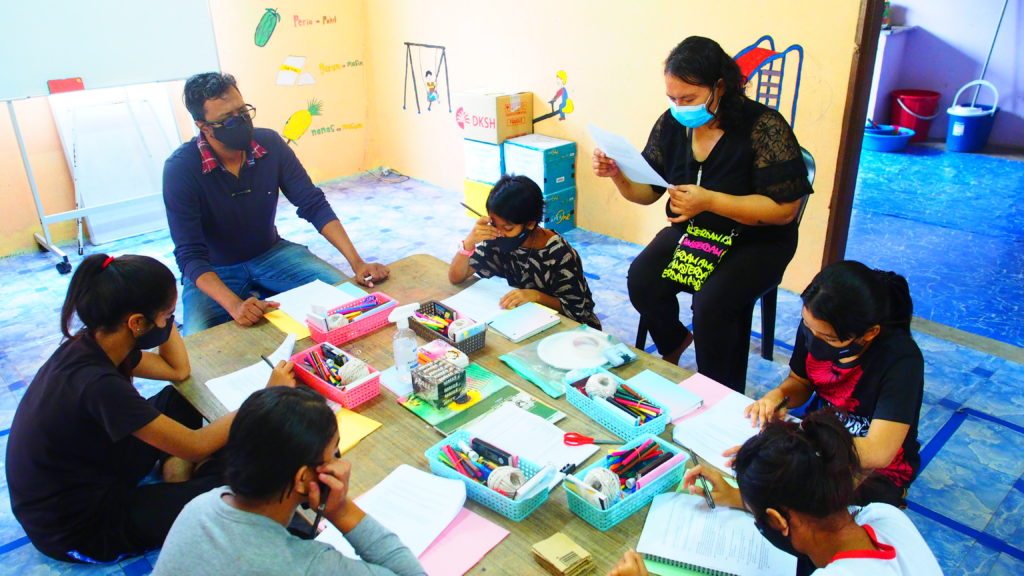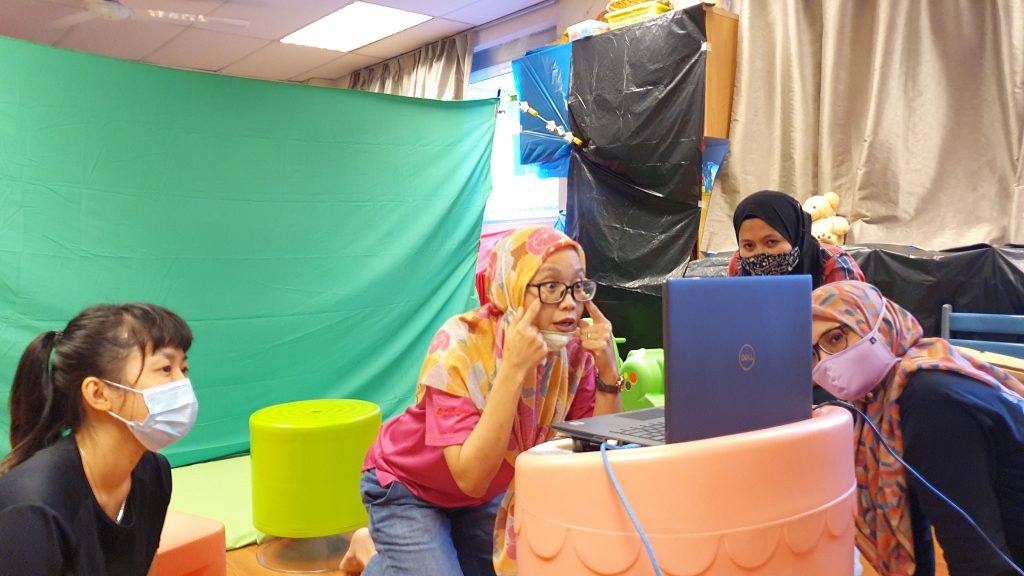KUALA LUMPUR, June 9 — A total of 19 projects under the Hasanah Special Grant (HSG) 2020 that was part of the government’s Prihatin Economic Stimulus Package have been approved since its launch on April 15, Yayasan Hasanah disclosed today.
The approved projects, worth RM3.6 million, range from those providing basic food aid, efforts to enhance livelihoods through agricultural farming and distribution, clinical and general health services, and educational programmes all to combat the economical effects of the Covid-19 pandemic.
A statement by Yayasan Hasanah on the initiative’s ongoing efforts detailed how these projects have reached a majority of states in Malaysia, assisting mostly those within the Bottom-40 category in both rural and urban areas, including island communities and those at foothills of mountains.
It said that an estimated 7,000 direct beneficiaries comprising men, women, and children would have benefited from the approved projects, which vary in length from three to 12 months and carried out under strict monitoring to ensure smooth output to recipients.
Other types of approved projects outlined in the statement include stingless bee and abalone farming, virgin coconut oil production, projects that create avenues for mental wellness support, counselling services, skills training for special needs children and youth, and those aimed at enhancing educational competencies of school-going children.
“The intent of the HSG2020 is to enable civil society organisations, non-government organisations, and social enterprises to mobilise and extend faster assistance to targeted B40 communities including vulnerable, marginalised, underserved, Orang Asli and Orang Asal communities.
“ And persons with disabilities or people with special needs to build resiliency and recover from the Covid-19 pandemic in Malaysia,” read the statement.
It included that applications for projects under the HSG is still open until October 15, while encouraging these societal organisations to come forward and assist them in providing relevant and necessary aid to those in need.
The HSG 2020 is an initiative undertaken between Yayasan Hasanah, the corporate social responsibility partner of local sovereign wealth fund Khazanah Nasional Berhad, and the Finance Ministry as part of the RM250 billion Prihatin stimulus package.
Source : https://malaysia.news.yahoo.com/yayasan-hasanah-19-projects-worth-080952291.html
